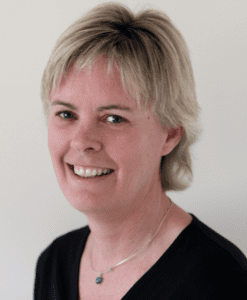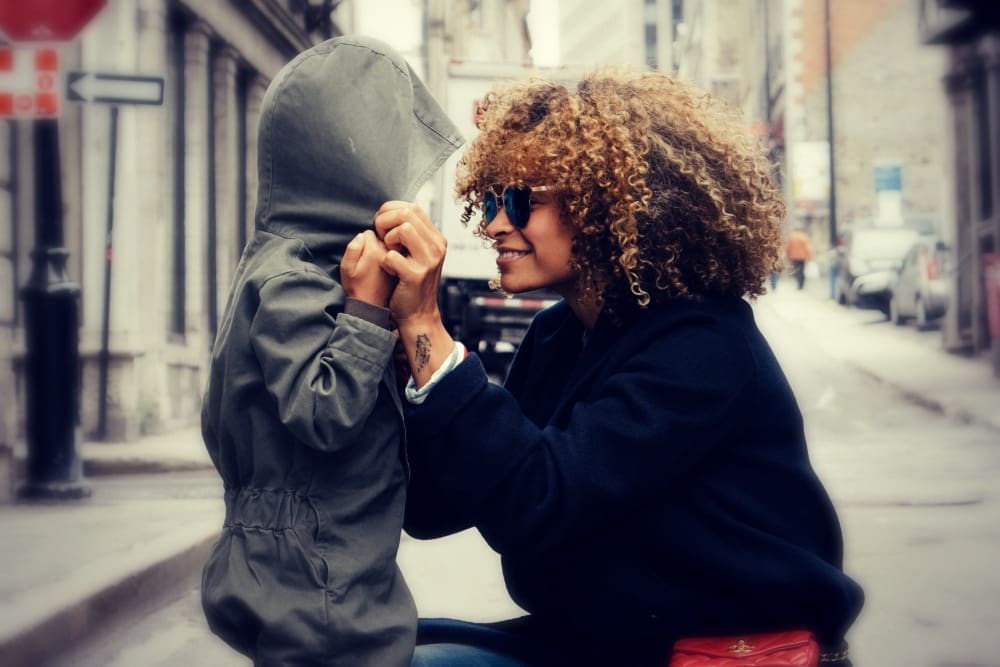Why should you ‘big yourself up’ for your children? I asked my son this question recently and he said:
‘Because they are the only ones who will believe you.’
Ha Ha very funny, but that was not actually what I was thinking. A nice thought though isn’t it, that your children will always have faith in you.
Back to the question though: As a parent why is it a good idea to sing your own praises in front of your child, isn’t that teaching them to be a bit boastful?
No, I don’t think so, and it can be a very useful habit to get into, as speaking positively about yourself in front of your children can be a good way for you to support their self- esteem.
Many parents worry about their child’s self- esteem. It’s natural to worry if your child has a habit of putting themselves down, maybe saying they are ‘rubbish’ even though you tell them they are not. Or you may have a child who won’t try new things because they might fail. One parent I know became frustrated because her younger son refused to learn to ride the bike he had been bought for his birthday. He had seen his older brother having fun on his ‘big boys’ bike, and wanted to be like him, but when it came down to it he knew it wasn’t going to be easy, and just could not summon up the courage to try. The fear of failure can be strong.
There’s no getting away from it though, it’s tough out there for kids these days. When they leave the cosy, protective world of home and pre-school or nursery, there are huge challenges. Not only do they have to learn so many new things formally, but there is all the learning that goes on in the playground, where making and breaking up with friends, finding new friends, and knowing what to do and how to handle it when things are not going well, are all necessary skills which no one really teaches you. Self- esteem can be very fragile, and having the resilience to bounce back after a set- back, or to keep trying even though it is difficult, or to get up when you have been knocked down, are big asks of all of us really, adults and children alike.
So what can you do to nurture your child’s self- esteem?
There is plenty of advice out there: Make sure your child spends plenty of quality time with an adult who listens and really cares, give praise and encouragement, allow for mistakes to be made, have reasonable expectations, encourage independence, teach problem-solving skills, and set your child up to succeed at least some of the time. These are all very beneficial, but the importance of modelling good self-esteem so that your child can see it first hand, is often not given enough emphasis.
You are a very important role model for your child. Children absorb so much from watching others. If they see a parent putting themselves down or brushing away praise or being very self- critical, that is likely to become the behaviour that they adopt. If you do this frequently you may be inadvertently ‘teaching’ your child that thinking and speaking well of yourself is not a good thing to do.
So big yourself up instead. Talk about your successes, however small, and tell your children what you have done that you are proud of. If you have had a go at something, maybe been to a job interview, tried to learn something new, or done something you have found challenging, talk about what went well, and don’t focus on what did not go so well.
For example instead of saying: ‘Some of the questions the interviewer asked were really hard to understand, and I kept having to ask him to repeat things. I felt like such an idiot,’ say something like: ‘There were a few questions I did not really understand, but when that happened I asked the interviewer to repeat the question for me, and gave the best answer I could.’ Or: ‘I thought singing would be easy, but now I realise my voice is rubbish, I must have sounded so croaky compared to the other people in the group.’ Say: ‘Well that was more of a challenge than I thought it would be, but I’m going to go again, it will be fun to see if I can get the hang of it.’
This may be easy for some people but it certainly doesn’t come naturally to everyone. As children we are often taught not to boast or show off. Talking about ourselves constantly, and all the amazing things we have done can be a bit of a turn off to others. So there is a fine line here. But there is a difference between someone who likes to show off all the time and to give the impression that they are better than everyone else, and someone who is quietly confident in themselves and does not shy away from saying so. If you pay someone like this a compliment, they will not shrug it off and say ‘Oh it was nothing,’ but will accept your approval and thank you for it.
If your child is finding something difficult think how it would feel to hear them say ‘It’s so hard, but I think I can work out a way to do it, I’m just going to keep trying.’
Where does a ‘can do’ attitude like this come from?
Some of it at least will be down to you.
Life is full of challenges and disappointments, and to be able to ride through the turbulent times and come out the other side without being swallowed up, is easier if you have good, strong healthy self -esteem and an intrinsic faith in yourself.
The seeds for this are sown in childhood.
About the Author: Jane Rogers
 Jane Rogers is founder of The Cambridge Parent Coach. She is experienced in running a number of highly regarded parenting courses, and writes and runs her own workshops for parents. Jane is passionate about Positive Parenting and her aim is to share the ethos and ideas of this style of parenting in a way that is simple to understand, and easy to put into practice. Jane’s two parent workbooks: ‘How to Encourage Good Behaviour so You Can Enjoy You Children’ and ‘How to Use Positive Discipline to Improve Your Child’s Behaviour’ are available on Amazon
Jane Rogers is founder of The Cambridge Parent Coach. She is experienced in running a number of highly regarded parenting courses, and writes and runs her own workshops for parents. Jane is passionate about Positive Parenting and her aim is to share the ethos and ideas of this style of parenting in a way that is simple to understand, and easy to put into practice. Jane’s two parent workbooks: ‘How to Encourage Good Behaviour so You Can Enjoy You Children’ and ‘How to Use Positive Discipline to Improve Your Child’s Behaviour’ are available on Amazon


A great article, thank you.
I really enjoyed this article. I have two sons and I have been trying to be more positive. I never thought that building up myself would help them. It seems like a win-win, we both are positive. Thanks for sharing 🙂
What an excellent article. The fine line is so true. Sometimes I find that some children have an excess of self esteem but I think a lot of it is bluff. They absorb so much through the example set for them by their parents, positive affirmation between husband wife is essential..